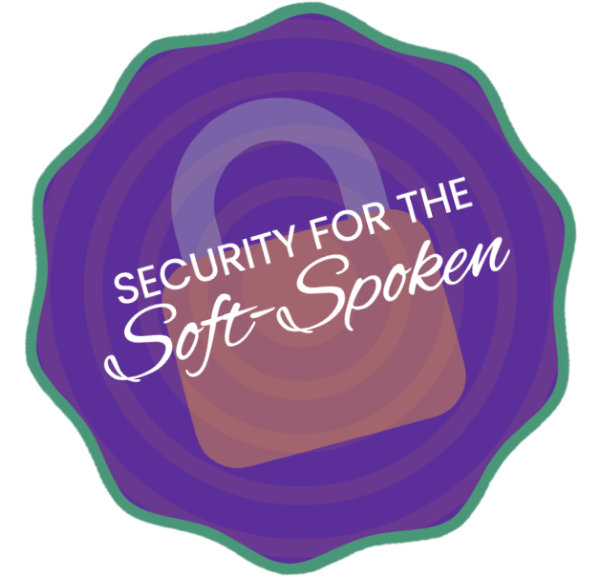Happy Sunday! How is your weekend treating you? Been pretty good here, and soaking up all of the relaxation I possibly can. ☺️ The past week was extremely busy dealing with a few emergencies, so I was very ready for the weekend to arrive. This coming week also is the last full week of work I have left for the year. I’ll work this week, and part of next week, and then I will be off for the remainder of the entire year. I am so excited, and hopefully I won’t forget too much about my job when I return! 🤣
It seems as of late I’ve found myself interested in calming activities. I’ve been spending an inordinate amount of time playing Powerwash Simulator 2 (don’t judge me) on my Switch 2, as well as coloring in the app “Happy Color” on my iPad. I mean, look at these—how can one not be engrossed in such calming activities? I tell you, these are the visual equivalent to an incense stick. Get started on either of these, and you can just feel the outside world just fade away.

I can’t recommend these enough, and I am certainly open to suggestions on similar items to “enhance my calm, John Spartan” (if you understand the reference, you’re my kind of people 😉).
This Got Me Thinking
I’ve frequently heard the phrase “zero trust” thrown about in documents, podcasts, and vendor emails. Such a simple phrase—only two words—but those two words can often mean absolutely nothing to non-security, everyday people. The more I think about it, the more it reminds me of how we naturally protect ourselves in everyday life.
Zero trust essentially means: don’t automatically trust anyone or anything, even if they’re already inside your system. Always verify. It sounds harsh at first, but then it got me thinking about how we actually live this philosophy without even knowing it.
If you’re still confused, think about it like this: you might leave your front door unlocked when you’re home, trusting that anyone who walks in is supposed to be there. But what if instead, you kept it locked and verified everyone before letting them in—even family members? That’s zero trust. It’s not that you don’t trust your family, but rather you’re protecting what’s inside regardless of who’s asking for access.
We do this already in small ways. We don’t hand our phone to just anyone, even friends. We don’t share our passwords just because someone knows us. We double-check links before clicking, even from familiar email addresses. These aren’t acts of distrust—they’re acts of care.
Zero trust isn’t about suspicion, but about intentional protection. You’re saying:
The things I’m protecting matter enough that I’m going to verify every time, not just assume everything’s safe because it looks familiar.
I think that’s a more approachable way to think about security—deliberate, thoughtful care for what we value most.
Finally, here’s a look back at what I wore to work this past week. I hope you enjoy them. Please enjoy the rest of your weekend, and have a wonderful week ahead!
-Terry


Leave a Reply